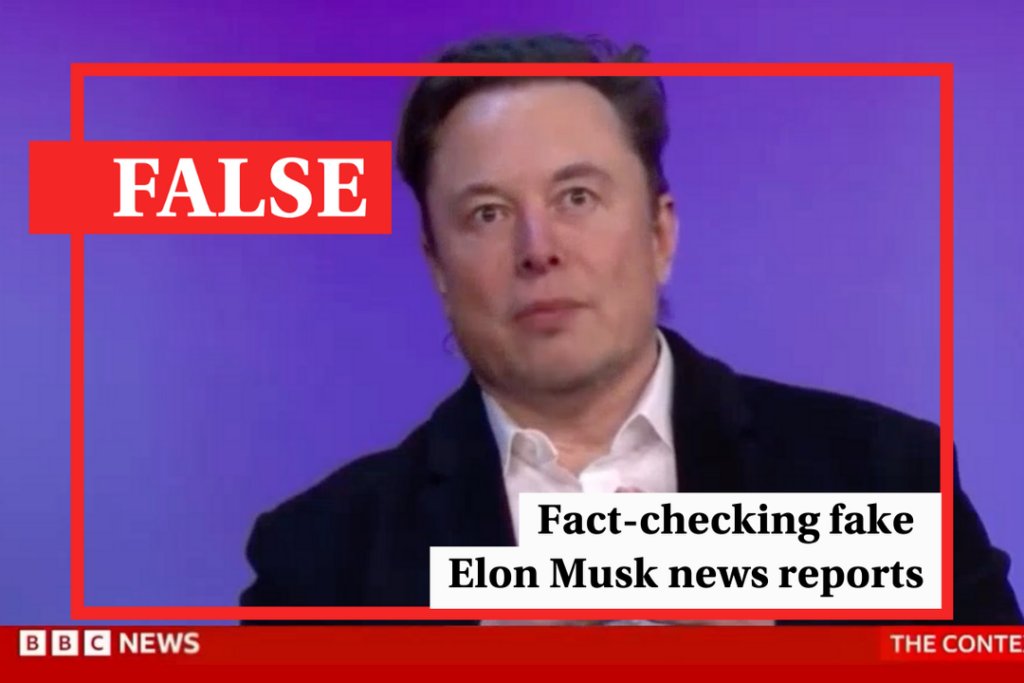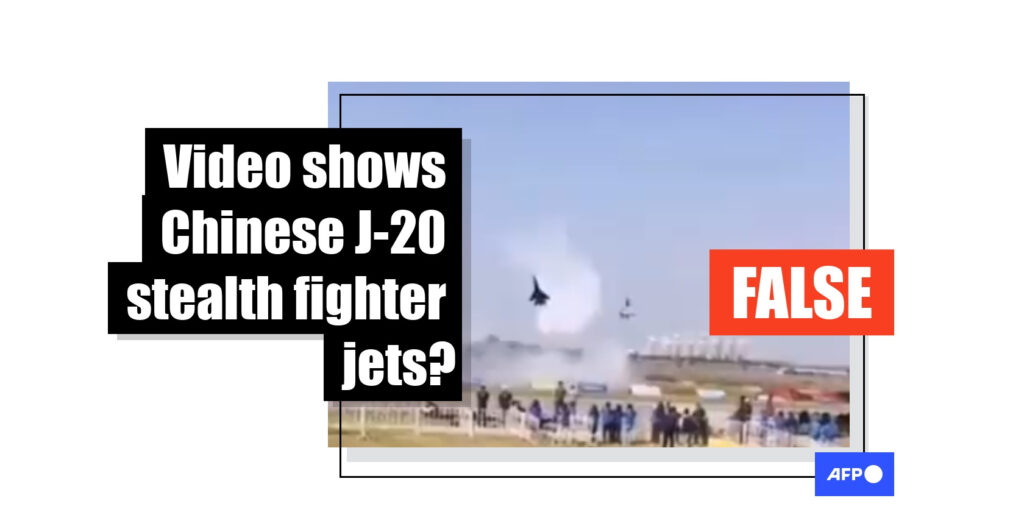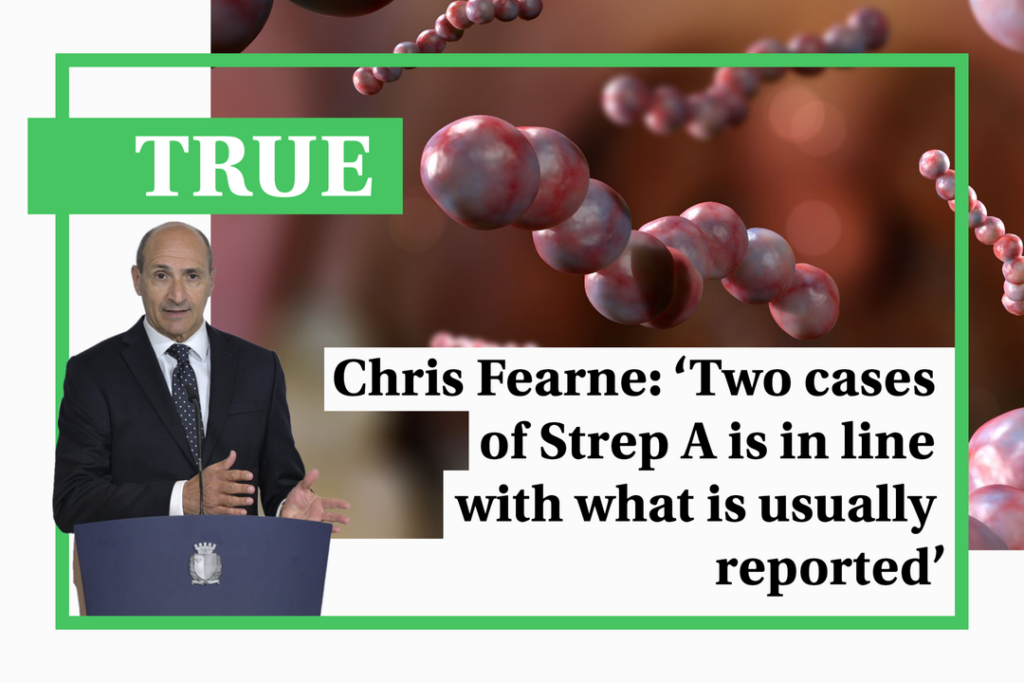New videos using footage of TV news reports from legitimate news platforms such as the BBC have emerged across social media over the past weeks as part of an elaborate international cryptocurrency scam, hoping to lure unsuspecting viewers into investing in fraudulent schemes.
These videos intersperse genuine footage of news reports and TV interviews with audio deepfakes and subtitles to entice social media users to invest in a fake cryptocurrency scheme.
An audio deepfake is a technique that uses artificial intelligence to clone a person’s voice and vocal inflections in order to create convincing speech that sounds like them.
Technology entrepreneur Gege Gatt had previously told Times of Malta that it only takes some 30 seconds of recorded audio for AI software to be able to accurately reproduce a person’s speech patterns.
Manipulated BBC news reports
In one video which runs for almost six minutes, genuine footage of BBC news reporter Samantha Simmonds is overdubbed with an audio deepfake of Simmonds talking about a new Elon Musk project “that has already turned hundreds of people into millionaires”.
The video then cuts to footage taken from an interview that Musk held as part of a TED conference in 2022. Again, although the footage itself is genuine, it is overdubbed with audio deepfakes of both Musk and TED head Chris Anderson talking about a software platform supposedly granting users an income of €5,700 each day.
Another, remarkably similar, video takes footage of former BBC news reporter Joanna Gosling and overdubs it with an audio deepfake of Gosling supposedly talking about a new project “that can turn anyone into a millionaire within three to four months”.
The video then cuts to a different Elon Musk interview, this time with US late-night presenter Bill Maher. Although the footage of the interview is genuine, it is overdubbed with audio deepfakes of both Musk’s and Maher’s voices talking about the same fraudulent software platform as the earlier video.
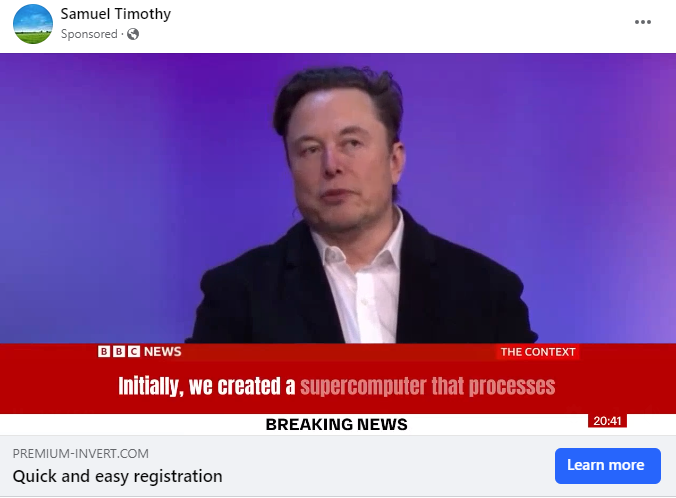
Several other similar videos exist, many of them following almost identical scripts but featuring the likeness of other BBC reporters. UK fact-checkers Full Fact reported that a similar video featuring BBC World News presenter Matthew Amroliwala racked up over 36,000 views.
The BBC also reported that Mr Beast, the world’s most popular YouTuber, recently featured in a similar deepfake video shared on TikTok.
Fake and hacked Facebook pages
These videos are mostly shared by fake Facebook pages created for this specific purpose over the past few weeks.
One such page, named Camtunguyen, is listed as a nail salon. The page was created on 8th September but has never posted any content and does not have any followers.
Others, however, appear to have once been genuine pages that were later taken over by scammer.
One page, created back in 2012 used to run a service helping US student-athletes apply for college, racking up hundreds of followers in the process, before being taken over and having its name changed to Samuel Timothy sometime in 2017.
An analysis of the scam posts show that they are being boosted to target several European countries, including Malta, and each has racked up several tens of thousands in reach.
Spoofed BBC website
Together with the manipulated videos, these pages post links to a spoofed BBC website appearing to report on a new Quantum AI platform launched by Tesla.
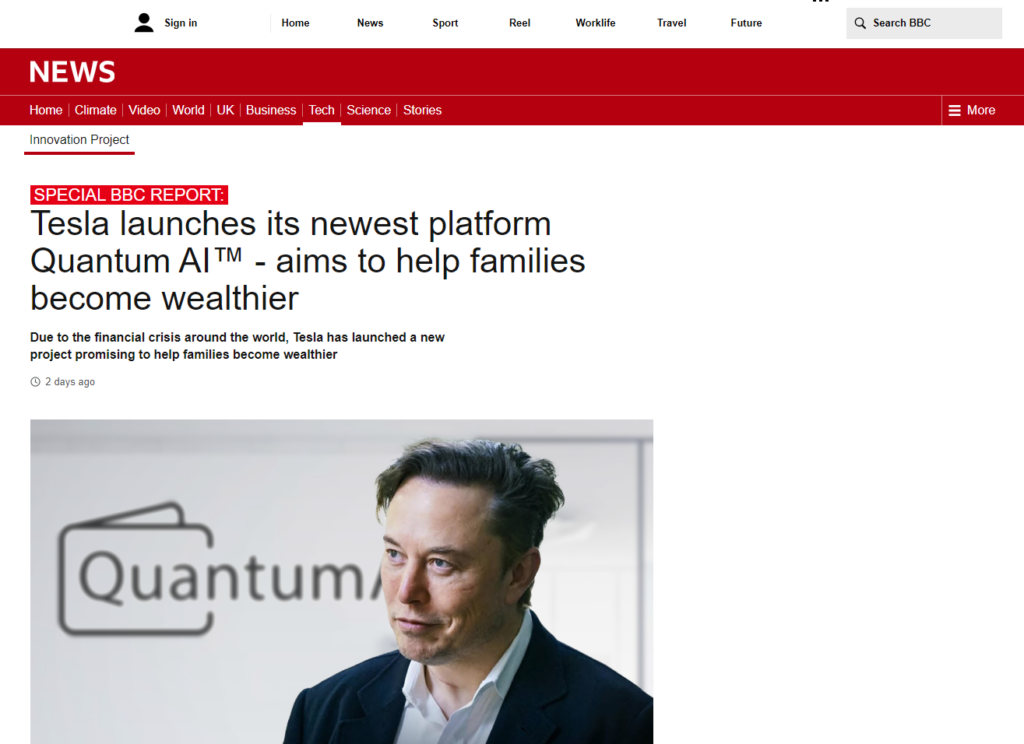
The page comes complete with fake testimonials from people claiming that they are earning thousands of Euro from the platform, as well as a registration form for unsuspecting readers to submit their personal details.
Spoofed websites are widely used by scammers to deceive readers into believing that the report they are reading is coming from a genuine source.
Verdict
The videos take genuine video footage but use fabricated audio deepfakes to emulate the voices of news reporters and celebrities appearing within them to convince viewers that the fraudulent scheme is genuine.
The posts sharing the videos link to spoofed BBC websites designed to make readers submit personal details which are then used to scam them out of their money.
This claim is therefore false, as the evidence clearly refutes the claim.
The Times of Malta fact-checking service forms part of the Mediterranean Digital Media Observatory (MedDMO) and the European Digital Media Observatory (EDMO), an independent observatory with hubs across all 27 EU member states that is funded by the EU’s Digital Europe programme. Fact-checks are based on our code of principles.
Let us know what you would like us to fact-check, understand our ratings system or see our answers to Frequently Asked Questions about the service.

